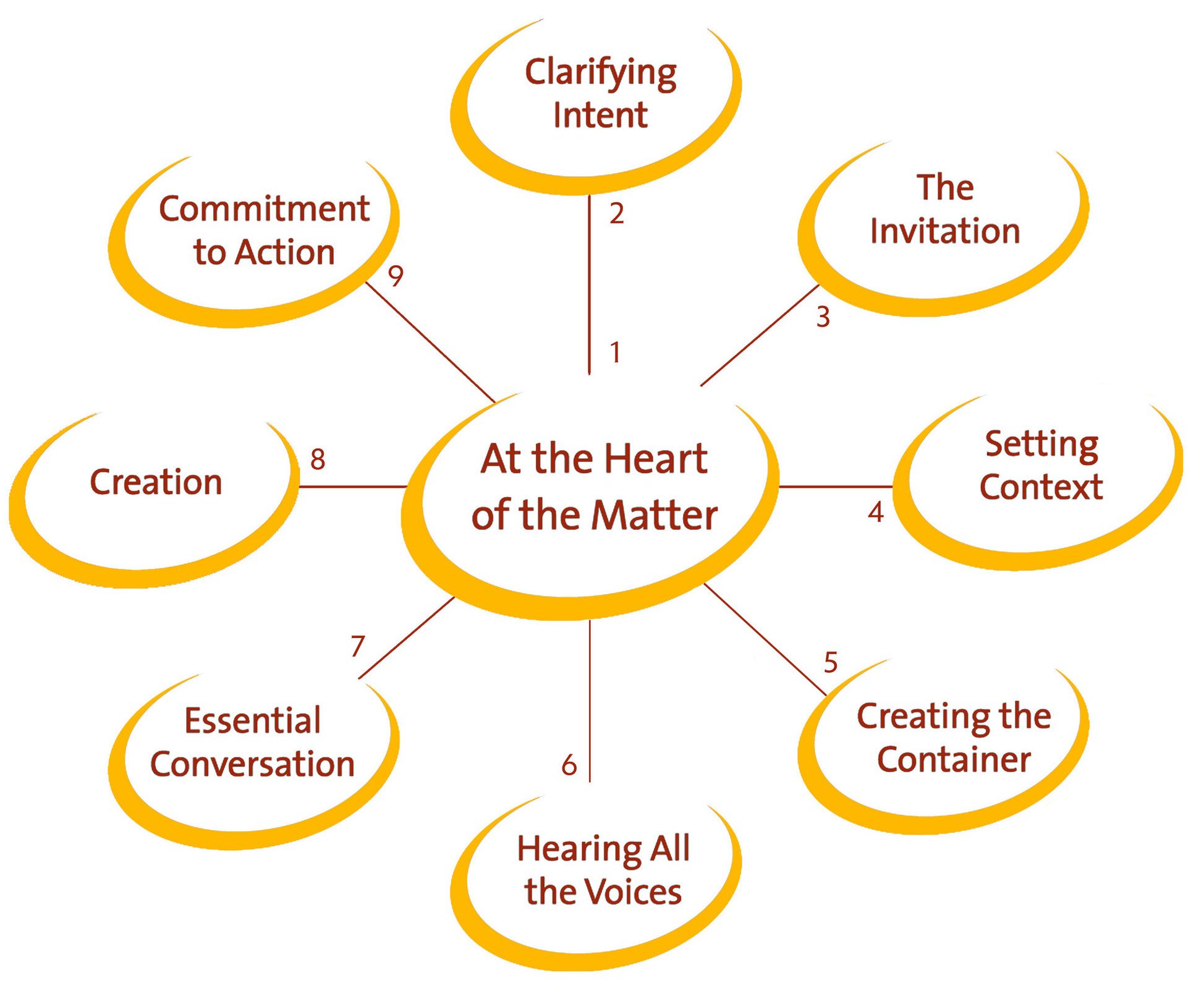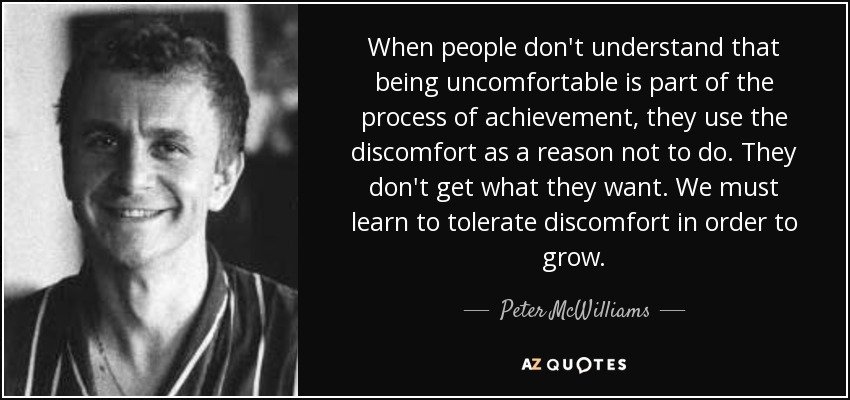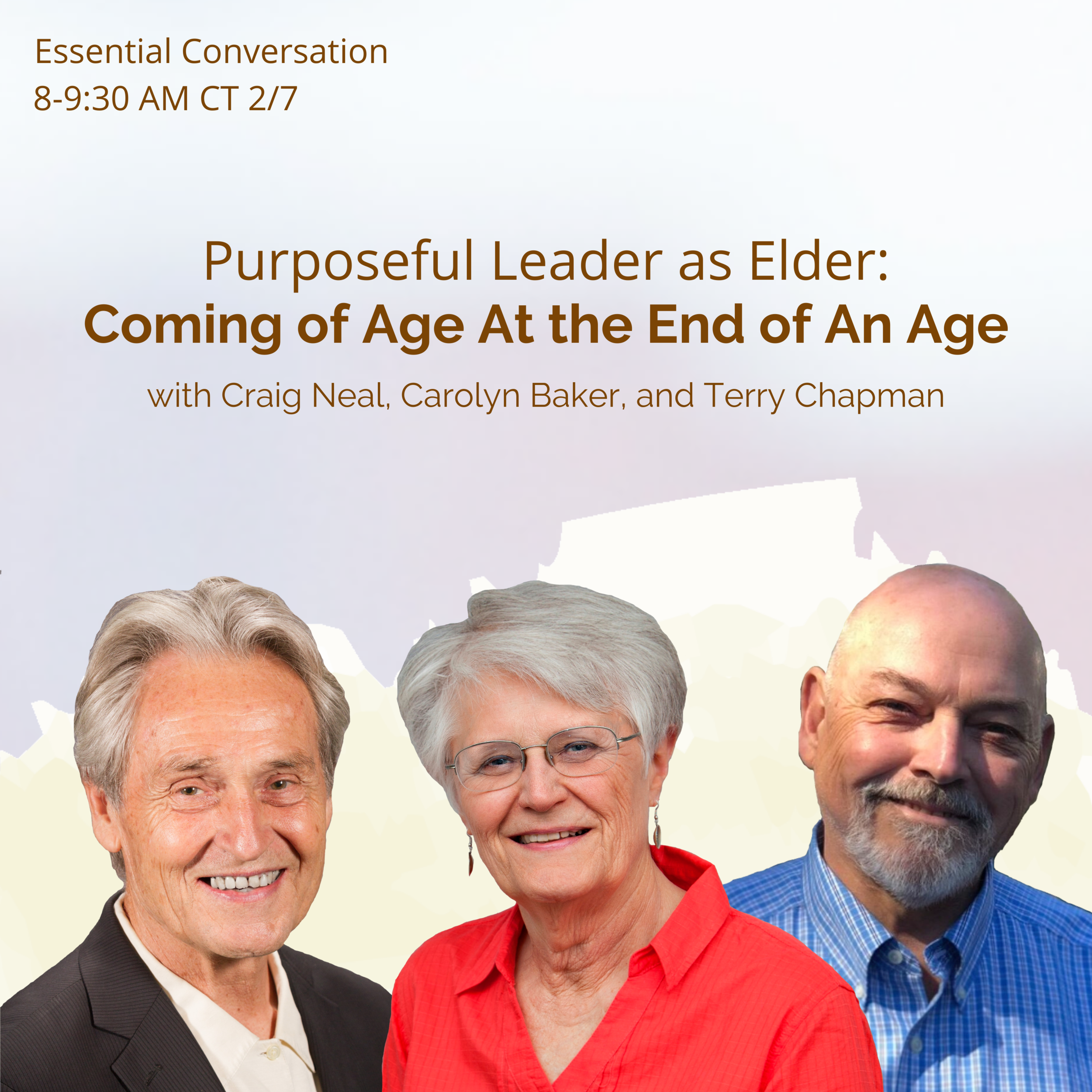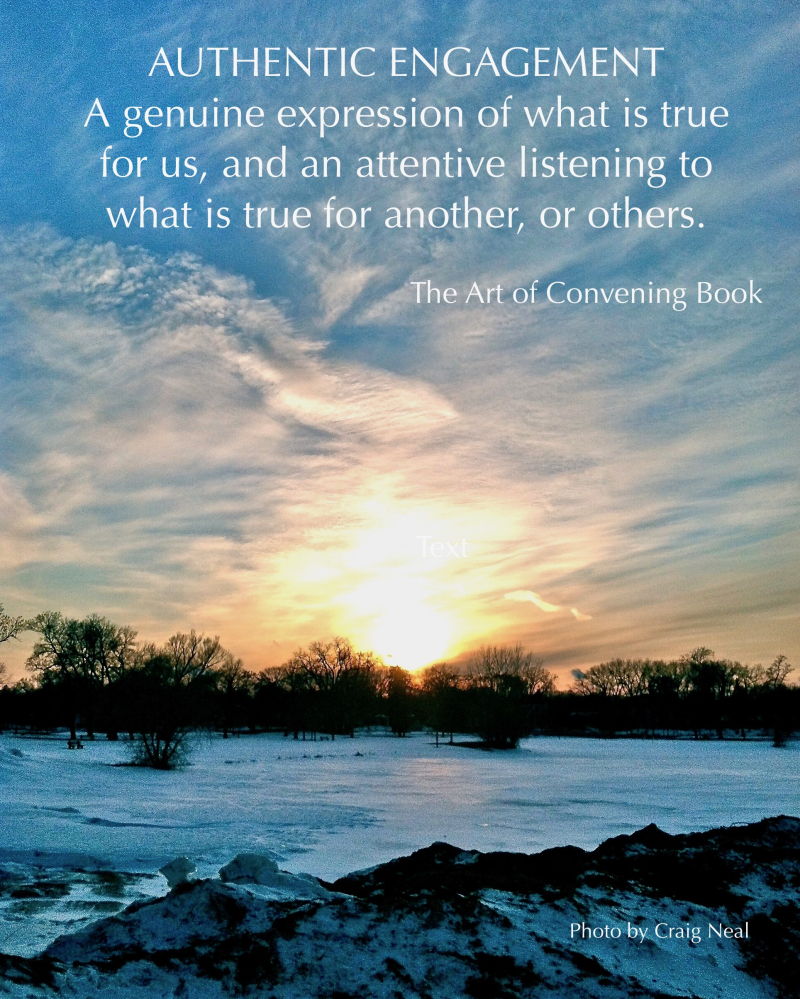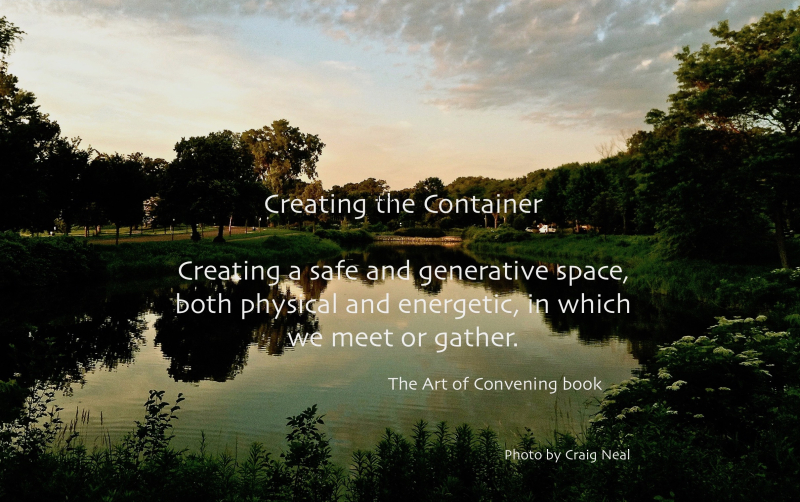Purpose Shared: "Becoming a Wise Leader" -Richard Leider
/"It took all of his people wisdom to take a stand to serve the common good of all others."
We're honored to publish this original essay by Richard Leider, the "father" of the Purpose Movement as our inaugural posting for our Purpose Shared Series. Who better than Richard to share his reflections on what is needed and wanted from our leaders in these days of destabilization?
Becoming a Wise Leader
“When there is no enemy within, the enemy outside can do no harm.” ‐ African proverb
The ultimate test of wise leadership is this:
Can you regard your leadership, no matter how dire the challenge, as one of serving the common good of others? Do you have a purpose larger than yourself for leading?
Most of us have a keen awareness of wisdom when it is present in our leaders (and in ourselves). And, we have an uneasy feeling of distrust and disengagement with it is absent.
To become a wise leader, one must be “people wise.”
Have you recently heard an inner voice whispering to you things like: “I don’t think I can do it?” “I’m not enough.” “What if I fail?”
That is the enemy within you speaking to you. It is the voice that speaks to you when you need to step outside your comfort zone. It’s the voice of fear. We all hear it occasionally. It’s part of being human.
The answer is not to kill it or suffocate it – but, to dive head first into it! Identify the voice with choice, curiosity, and courage.
Why? Because what you resist will persist.
Nelson Mandela’s actions reflected the truth about becoming a wise leader ‐ “to lead wisely, one must be people wise.” When Mandela became President of South Africa on May 10, 1994, he faced countless challenges outside his comfort zone. And, he faced his inner voice of fear. Upon his release from prison, he was greeted with banners reading, “Mandela Go Home, to Prison” and “Hang Mandela.”
It took all of his people wisdom to take a stand to serve the common good of all others. To become the leader that South Africa needed, he chose to embrace the national rugby team, the Springboks. Popular with Afrikaners, to most blacks the Springboks represented the apartheid system that they despised. Nevertheless, Mandela chose South Africa to host rugby’s World Cup the following year with the slogan, “One Team, One Country.”
As the Springboks began to win in the fierce World Cup competition, the mood in the country shifted. When the players (all but one of them white) showed up in public, they were greeted not just by Afrikaners, but by blacks as well.
The Springboks made it to the finals. They were to play the New Zealand All Blacks, considered as one of the finest rugby teams in history.
Five minutes before the game played before sixty‐five thousand chanting and singing fans, Mandela walked in to the stadium wearing a Springbok’s jersey, the very symbol of apartheid that so many hated.
With millions more watching on TV or listening on the radio, the crowd of mostly Afrikaners went wild with a deafening chant of “Nel‐son,” “Nel‐son!” The country was united for the moment – “One Team, One Country”. It was a moment that many people realized that this country could work.
Mandel showed that he could forgive and become the wise leader they wanted.
The Springbok’s won the thrilling championship game in overtime.
Mandela’s stand embodied what it means to be “people‐wise.” After decades of apartheid and afte twenty‐seven years in prison, it would have been natural for him to focus on the wants of his black constituents at the expense of the broader interests of the country.
But, Mandela had become a leader with a people‐wise view. His actions toward the Springboks served as a powerful symbol of what the new South Africa might be like. They reflected his wise awareness of how others very different from himself would react to changes accelerating around them.
Nelson Mandela has two critical things to teach us about becoming wise leaders.
First, “becoming” means clearly understanding the difference between being smart and being wise.
They’re not the same. Wisdom demands insight and effectiveness with people. A leader can be very smart without being smart about people. Becoming a wise leader requires having a feel for people – their hopes, fears, passions, and purposes.
Second, becoming a wise leader means understanding “Why things are the way they are.” Aristotle claimed that wisdom comes from our understanding of “why” things are the way they are. To him, a smart person knows a lot about “what” and “how” but a wise person understands “why.”
It was Mandela’s understanding of the “why” of all South Africans that testifies to his greatness as a “people‐wise” leader. He had no enemy within. 1
What makes a Leader wise?
We like to believe that our leaders are smart people. But, as Nelson Mandela showed us, being smart is not enough in the long run. So, how does one go from being a smart leader to becoming a wise leader? Start by seeing the world differently – from the inside out. A wise leader is constantly becoming more self‐aware. Without self‐awareness, it’s very hard to move out of smartness. The “dean of leadership gurus”, the late Warren Bennis wrote: “The leader never lies to himself, especially about himself, knows his flaws as well as his assets, and deals with them directly.” Even though Bennis mentored CEOs, taught countless soon‐to‐be leaders while teaching at Harvard, MIT, and USC, and advised U.S. Presidents John F. Kennedy, Lyndon Johnson, Gerald Ford, and Ronald Reagan, he never pretended he knew everything. He wrote, “To an extent, leadership is like beauty:
It’s hard to define, but you know it when you see it.” Do you see it in yourself? Do others see it in you?
Self‐awareness is the “soul” of wise leadership. Without a soul, a leader is nothing more than a smart suit.
The Big Idea: Becoming Self‐Aware
Self‐awareness is the “soul” of wise leadership. Without a soul, a leader is nothing more than a smart suit. For more information read “Playing the Enemy: Nelson Mandela and the Game that Made a Nation” by John Carlin, and watch the film Invictus starring Morgan Freeman and Matt Damon.
Richard Leider, founder of Inventure – The Purpose Company, is one of America’s preeminent executive‐life coaches.
He is ranked by Forbes as one of the “Top 5” most respected executive coaches, and by the Conference Board as a “legend in coaching.” Richard has written ten books, including three best sellers, which have sold over one million copies and have been translated into 20 languages.
Repacking Your Bags and The Power of Purpose are considered classics in the personal development field. Richard’s PBS Special – The Power of Purpose – was viewed by millions of people across the U.S.
©2018 Inventure ‐ The Purpose Company richardleider.com
Subscribe to this blog to get your 2x/week spark of purpose












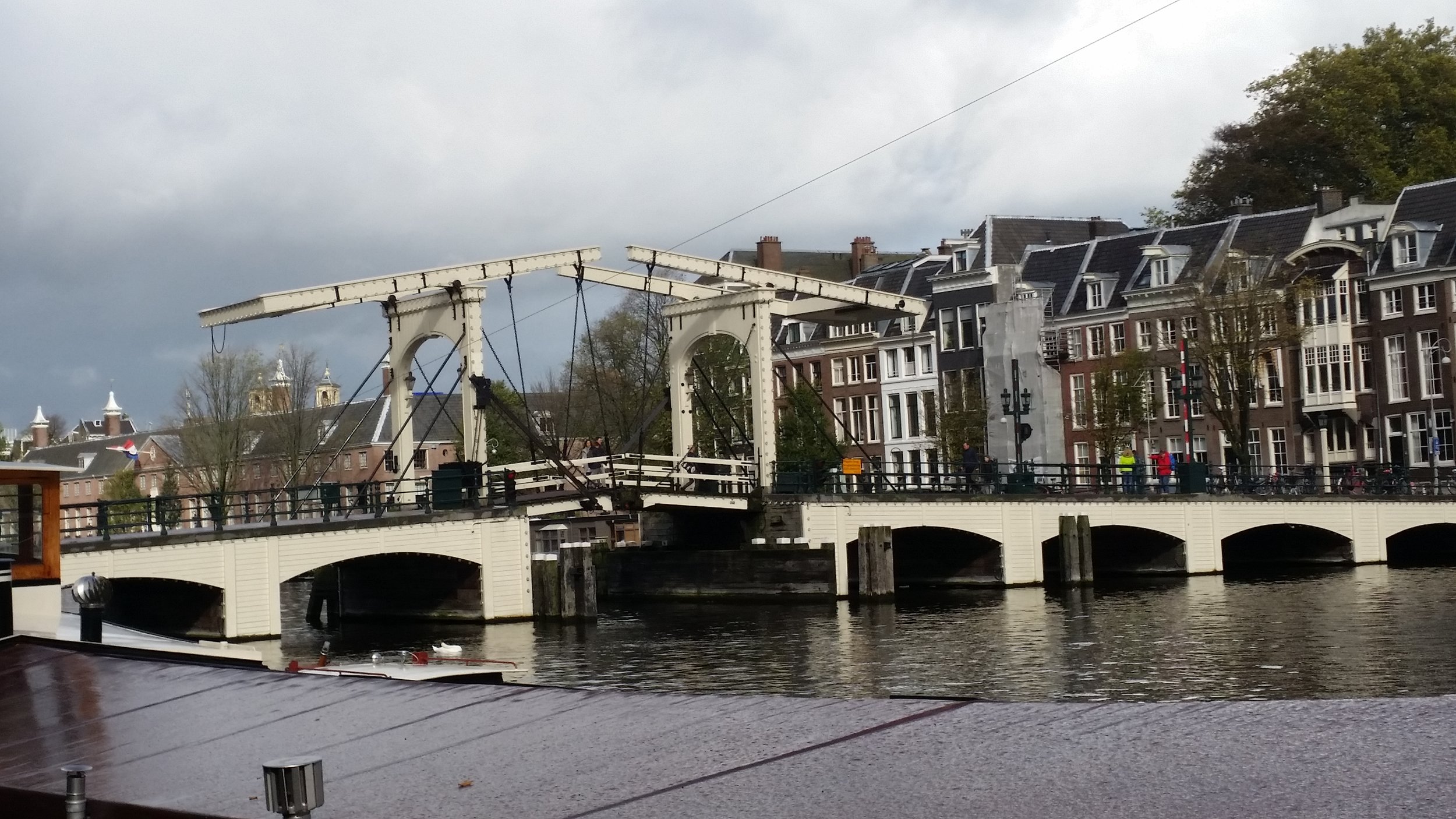















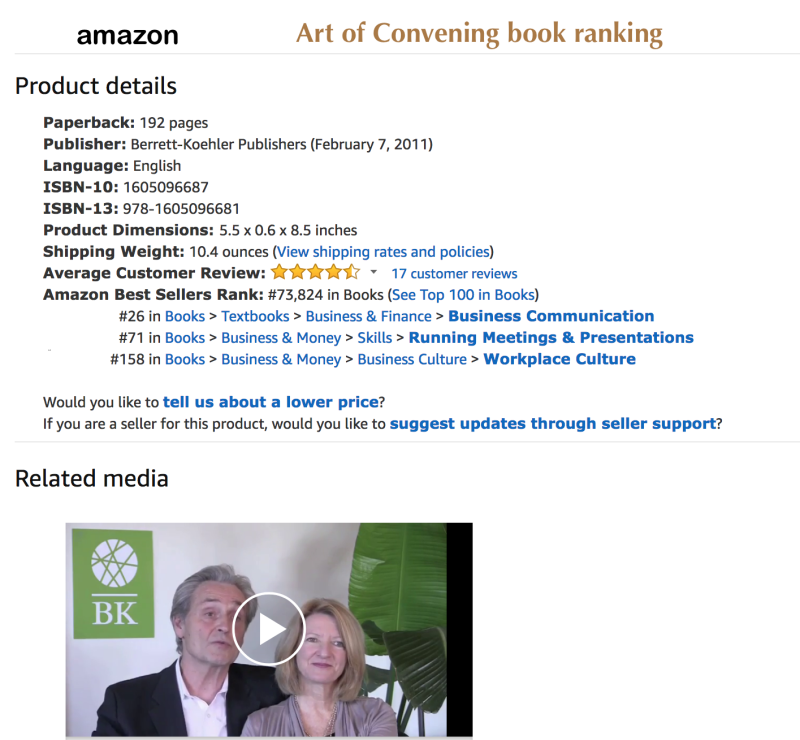















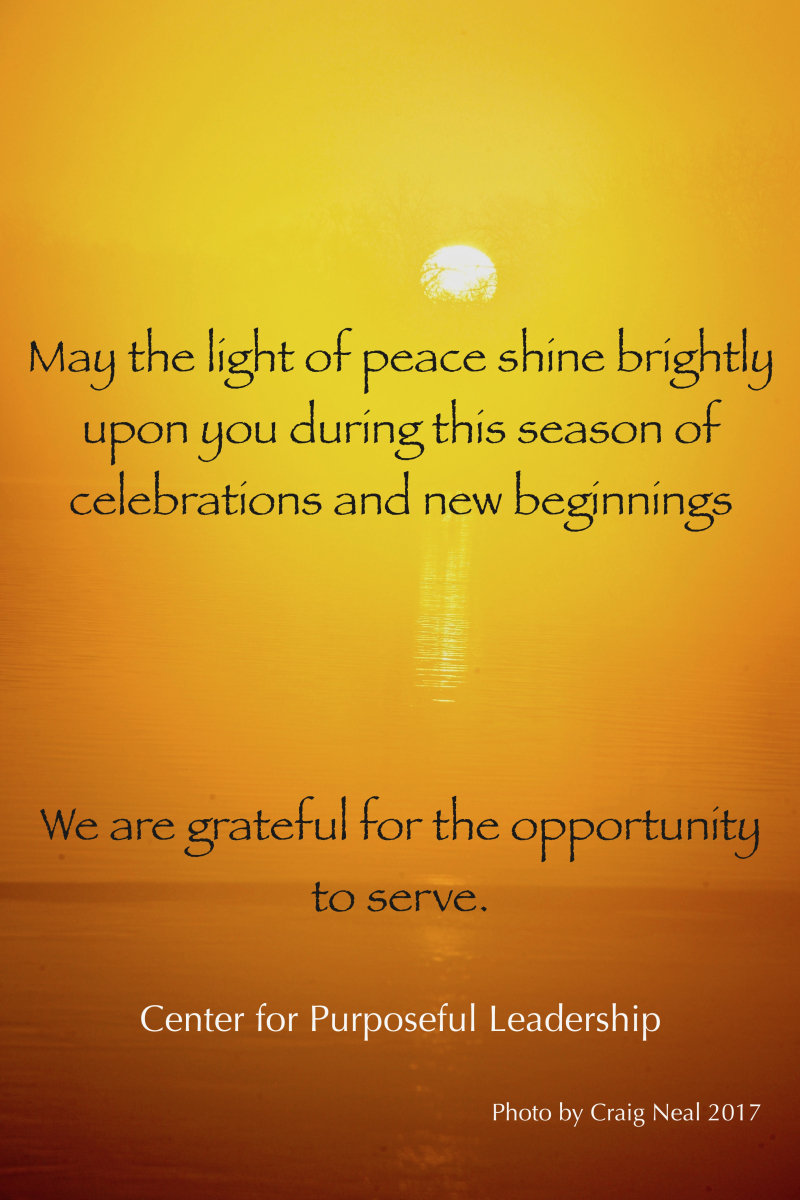






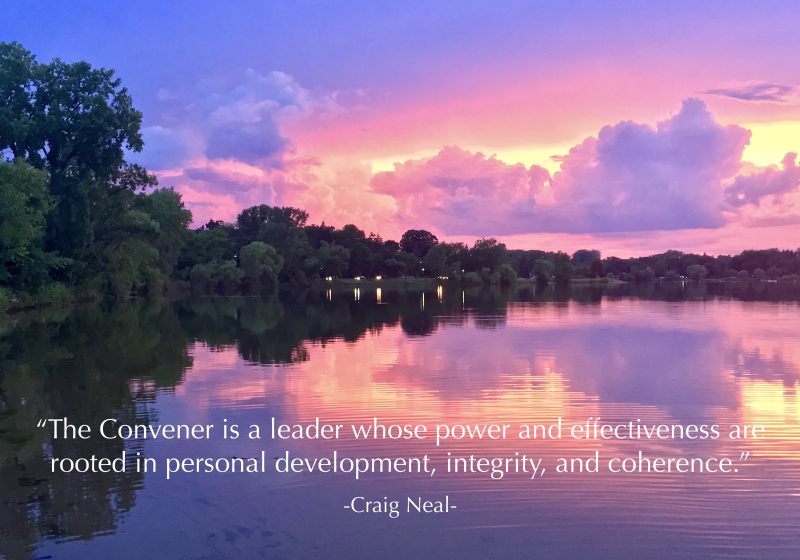













![[Hearth] Voices from Ukraine: Part 2](https://images.squarespace-cdn.com/content/v1/58a4e3be9de4bb98b066fd6f/1647955546471-VUGA4FCGFEUYJ29TEQVA/sunforest-mix-sunflower-types-1586794598.jpeg)

